By Chinenye Anuforo and Adanna Nnamani (Abuja)
In what appears a deepened commitment to digital safety, TikTok has removed over 3.6 million videos in Nigeria between January and March 2025 for violating its Community Guidelines—a 50 percent increase from the previous quarter.
This was revealed in the platform’s Q1 2025 Community Guidelines Enforcement Report, which underscores TikTok’s priority of fostering a safe, respectful, and empowering digital space for creators and users alike.
With an impressive 98.4 percent proactive detection rate—meaning the content was identified and removed before users reported it—and 92.1 percent of flagged videos taken down within 24 hours, TikTok says it’s leading the charge in real-time content moderation and safety enforcement in Nigeria.
While the volume of removals may appear staggering, TikTok emphasized that these videos make up only a tiny fraction of the total content posted by Nigerian users each quarter. This, the company says, highlights the overwhelmingly positive and creative energy of Nigeria’s TikTok community.
In March 2025 alone, TikTok removed 129 covert accounts in West Africa linked to deceptive operations. The platform also took swift action on its LIVE feature, banning 42,196 LIVE rooms and interrupting 48,156 live streams in Nigeria that violated its policies. Globally, TikTok removed over 211 million videos in Q1 2025, a significant leap from 153 million in the previous quarter. Of these, a whopping 184 million videos were removed through automated systems, helping the platform reach a 99 percent global proactive detection rate.
Despite these large-scale interventions, TikTok insists that less than 1 percent of all uploaded content worldwide violates its guidelines—a testament to the platform’s continued investment in trust and safety mechanisms.
But TikTok’s efforts go beyond just enforcement. In June, it hosted the “My Kind of TikTok Digital Well-being Summit” in Africa, drawing together creators, NGOs, tech experts, and policy stakeholders from across Sub-Saharan Africa—including Nigeria—to deepen conversations around online safety and mental well-being. A major outcome of the summit was TikTok’s partnership with Cece Yara, a Nigerian non-profit organisation focused on child protection and youth support. As part of this partnership, TikTok will be expanding its in-app helpline services to Nigerian users, providing expert resources on issues such as suicide prevention, self-harm, bullying, hate speech, and harassment.
In the coming weeks, Nigerian users—especially younger ones—will be able to access these local helpline services directly within the app, ensuring that help is just a tap away when it’s needed most.
TikTok’s latest moves reflect a growing effort to balance creativity with accountability, and innovation with responsibility. As the platform continues to grow in popularity across Nigeria, these safety-focused interventions signal that digital well-being is not just a priority—it’s non-negotiable. With Nigeria’s vibrant creator community continuing to thrive, TikTok’s evolving safeguards show that a safer, more supportive social media experience is not only possible—it’s already in motion.



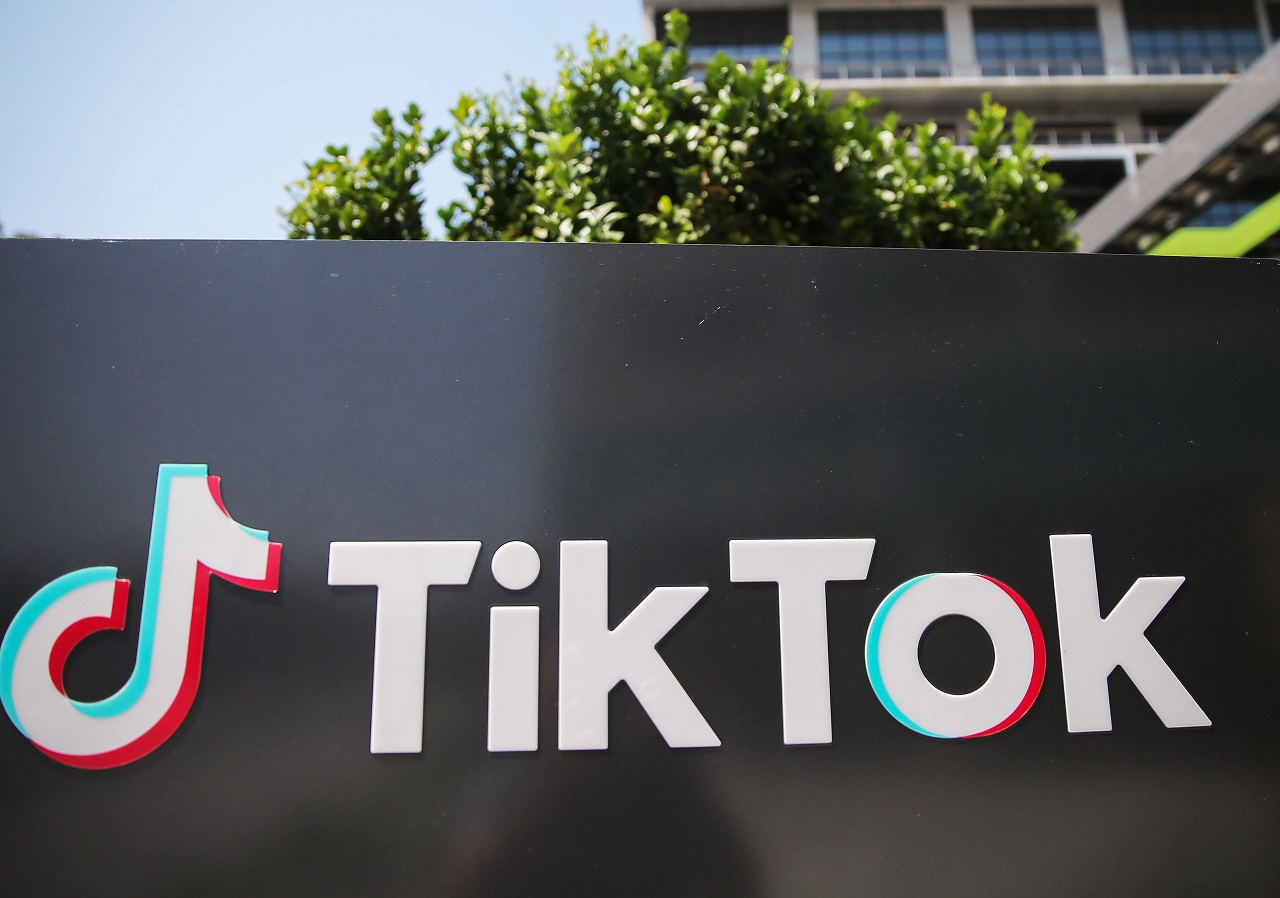


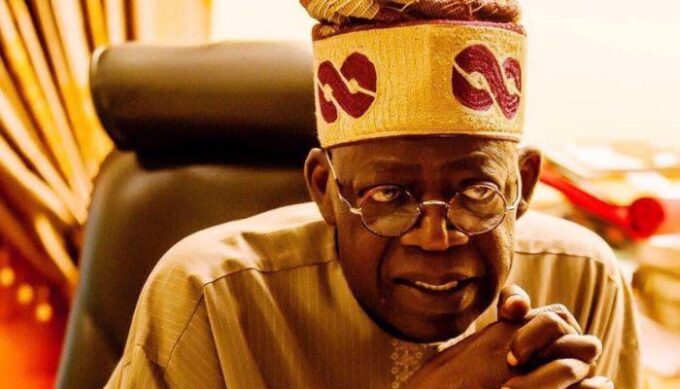

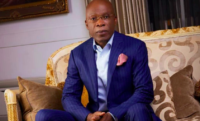



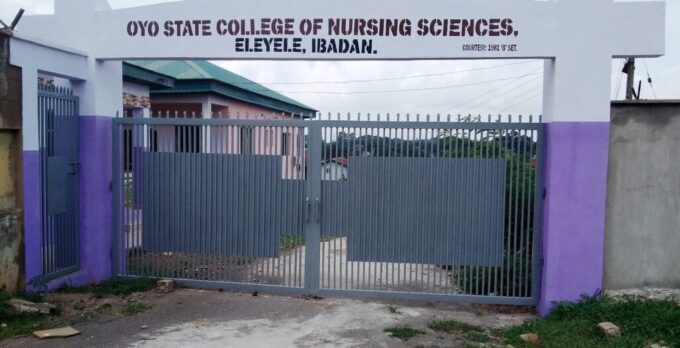



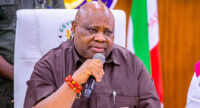
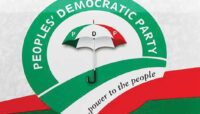
Leave a comment